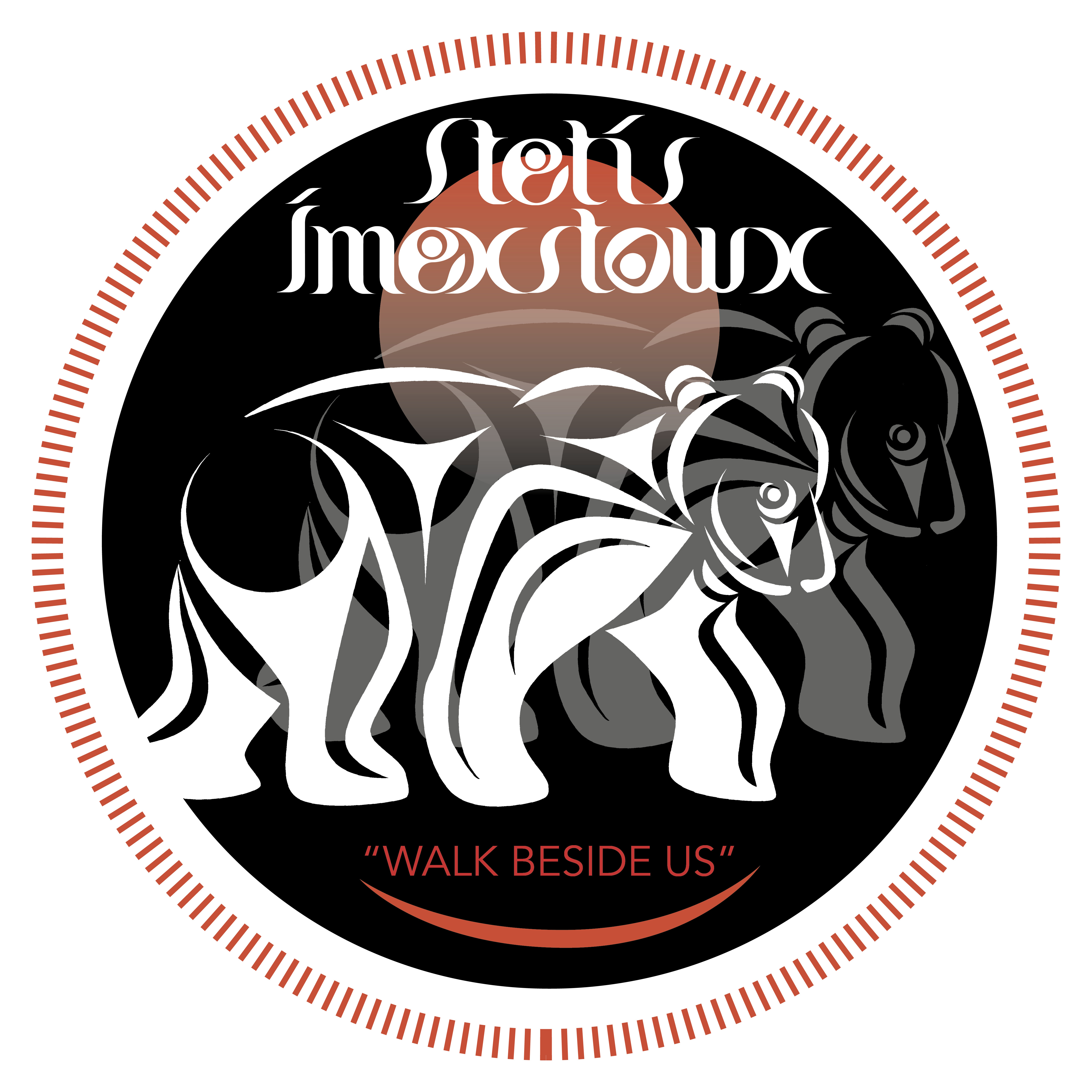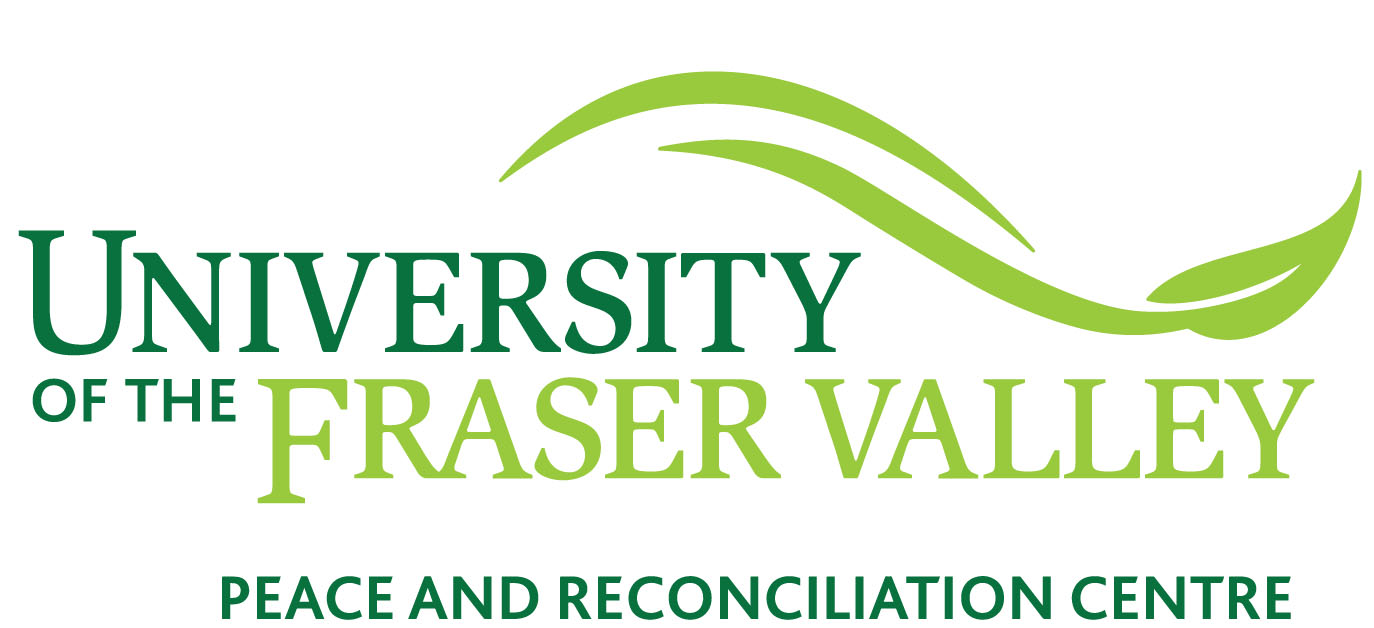


Place(re)naming contributes directly to the settler colonial process of Indigenous erasure and displacement. It is part of the politics of forgetting and un-remembering. Renaming is, therefore, a means by which settlers contribute to the elimination of the intangible (largely oral) evidence of Indigenous presence. In this way settler renaming transforms the Indigenous ‘unknown’ into the settler ‘known’ and so creates something ‘new’ that can be understood, regulated, and controlled. In this presentation Prof. Carlson looks at some of the ways that re-settler naming has occurred and reviews some of the risks and opportunities associated with re-indigenizing and decolonizing the names of BC.
The Peace and Reconciliation Center (PARC) at UFV and The Reach have partnered on this talk to build on the community learning goals of the Stetís ímexstowx: Walk Besides Us gathering.
About the Speaker
Professor of History at the University of the Fraser Valley, Dr. Carlson is a Tier One Canada Research Chair in Indigenous and Community-Engaged History who considers himself first and foremost an ethnohistorian.
Professor Carlson’s scholarship is designed and conducted in partnership with communities and aspires to answer questions that are of relevance to those communities. His interests include: Indigenous history, Indigenous historical consciousness, and the history of settler colonialism — especially in western Canada and north western USA. The approach he takes is to invert the classic scholarly gaze and to forefront the perspective of Indigenous partners. “So what intrigues me most is not the history of Indigenous people in Canadian or American history, but the history of Canadian and American society within Indigenous histories,” offers Carlson.

